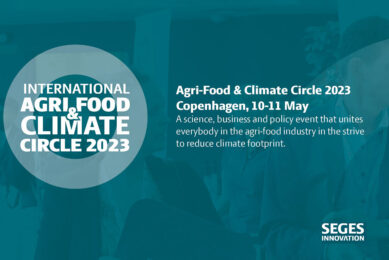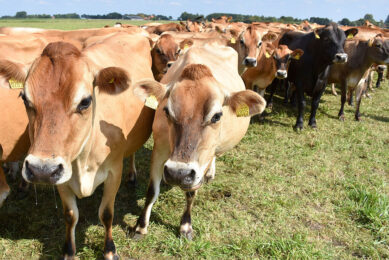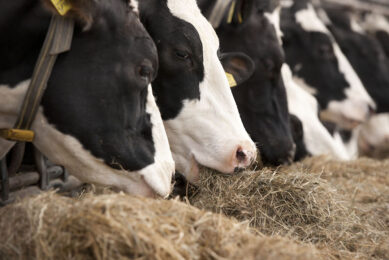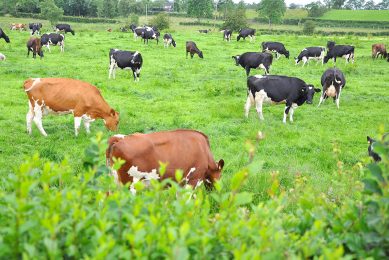Seaweed: The silver bullet to reduce methane?
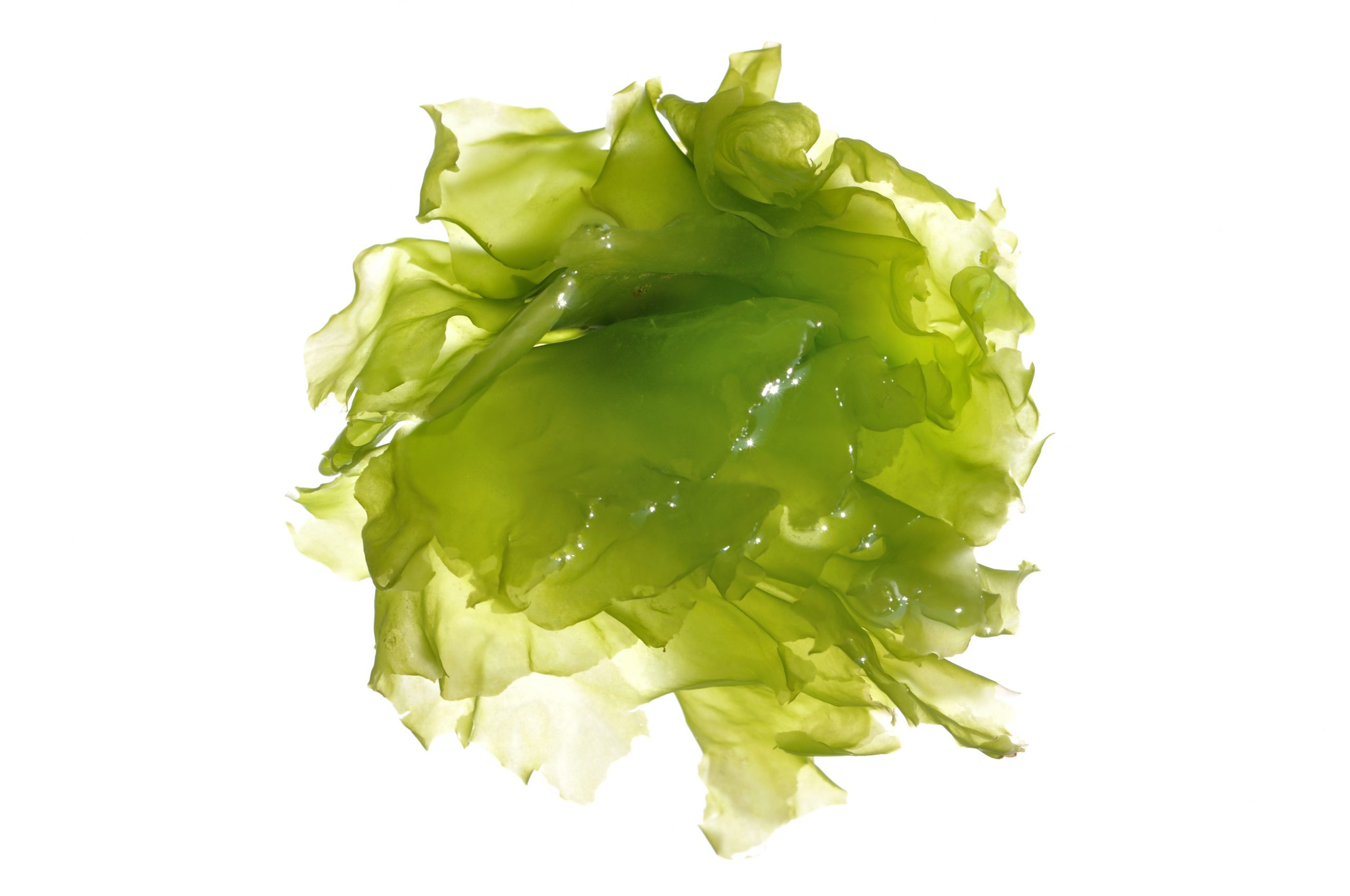
In a quest to reduce methane output from dairy cows, researchers in the US have put seaweed to the test. The results are promising.
Early results from research at the University of California, Davis, indicate that just a touch of the ocean algae in cattle feed could dramatically cut greenhouse gas emissions from California’s 1.8 million dairy cows.
The University is testing seaweed efficacy with 12 Holstein cows. “Results are not final, but so far we are seeing substantial emission reductions. This could help California’s dairy farmers meet new methane-emission standards and sustainably produce the dairy products we need to feed the world,” project leader Ermias Kebreab says on the website of UC Davis.
Kebreab’s project is the first to test seaweed on live dairy cattle anywhere in the world. His team will publish preliminary findings in late June and begin further tests with additional cattle later this summer.
Algae and seaweed are promising new feed ingredients. All About Feed has combined all the latest insights on them in a dedicated dossier. Find out more here.




